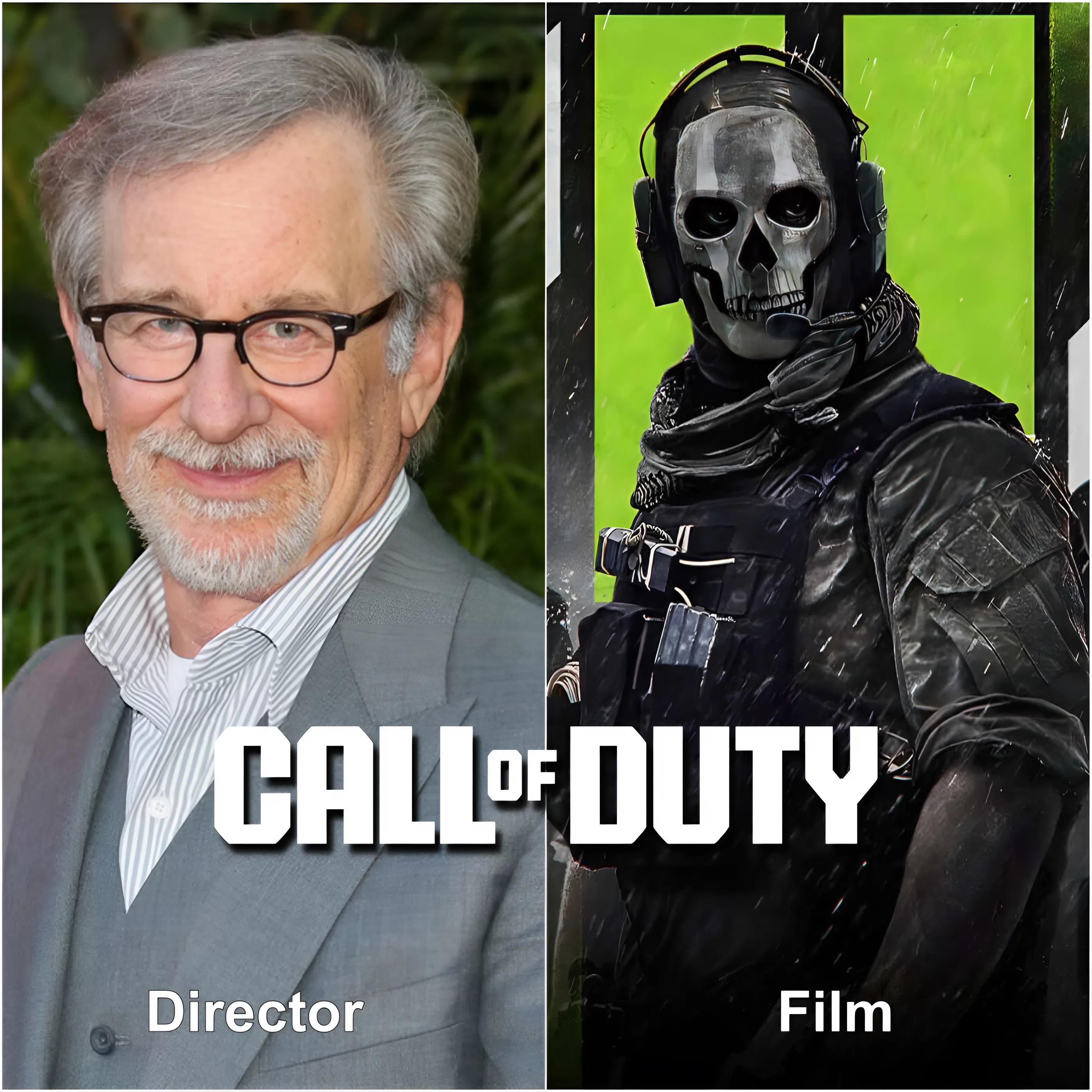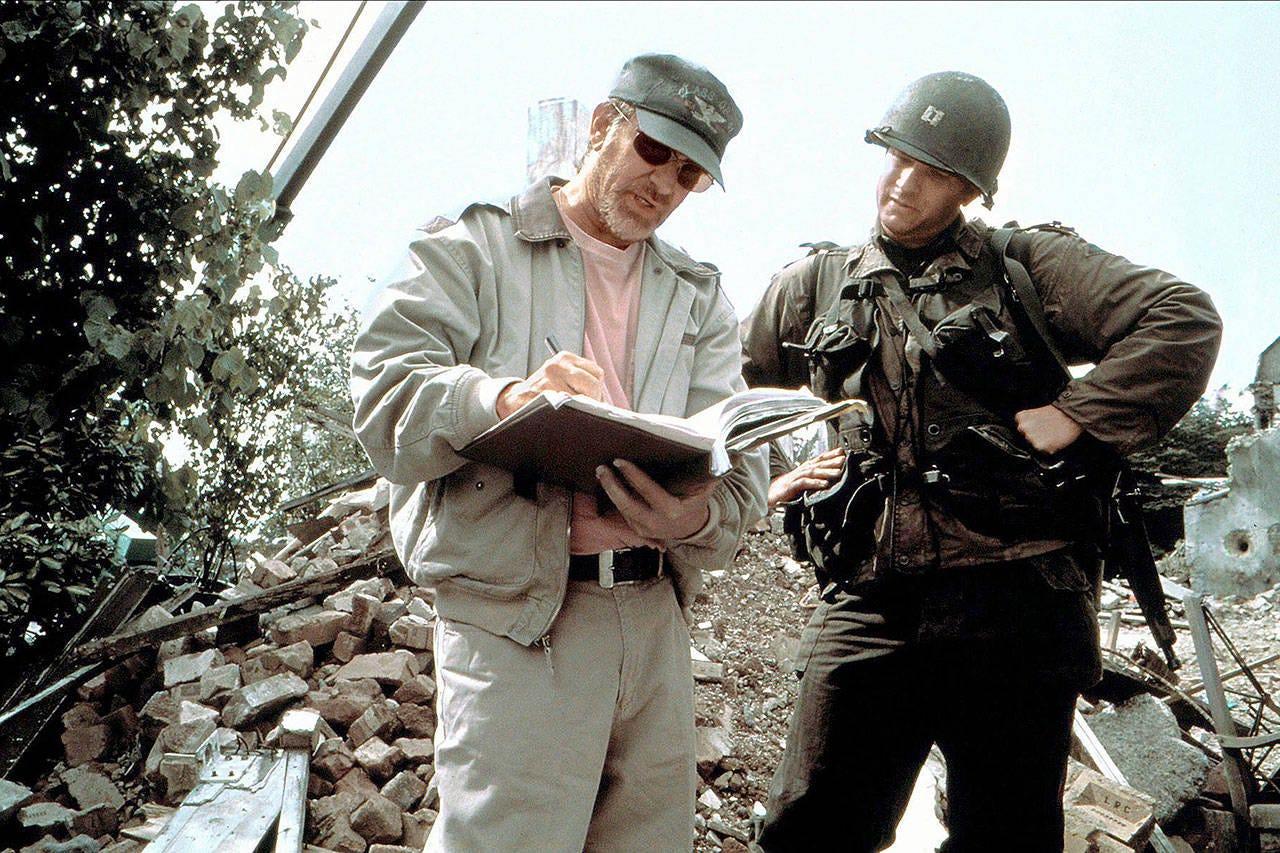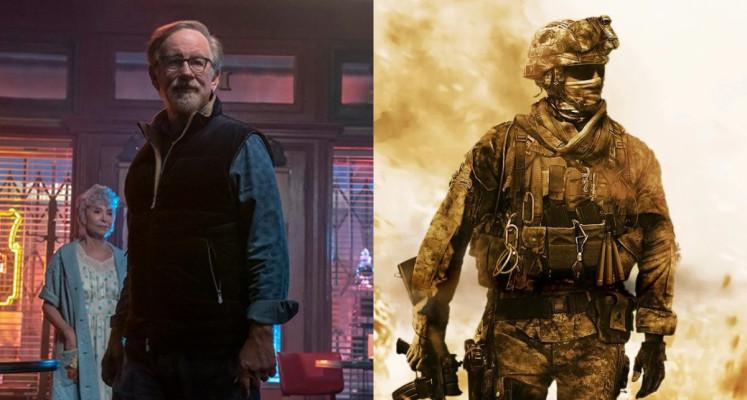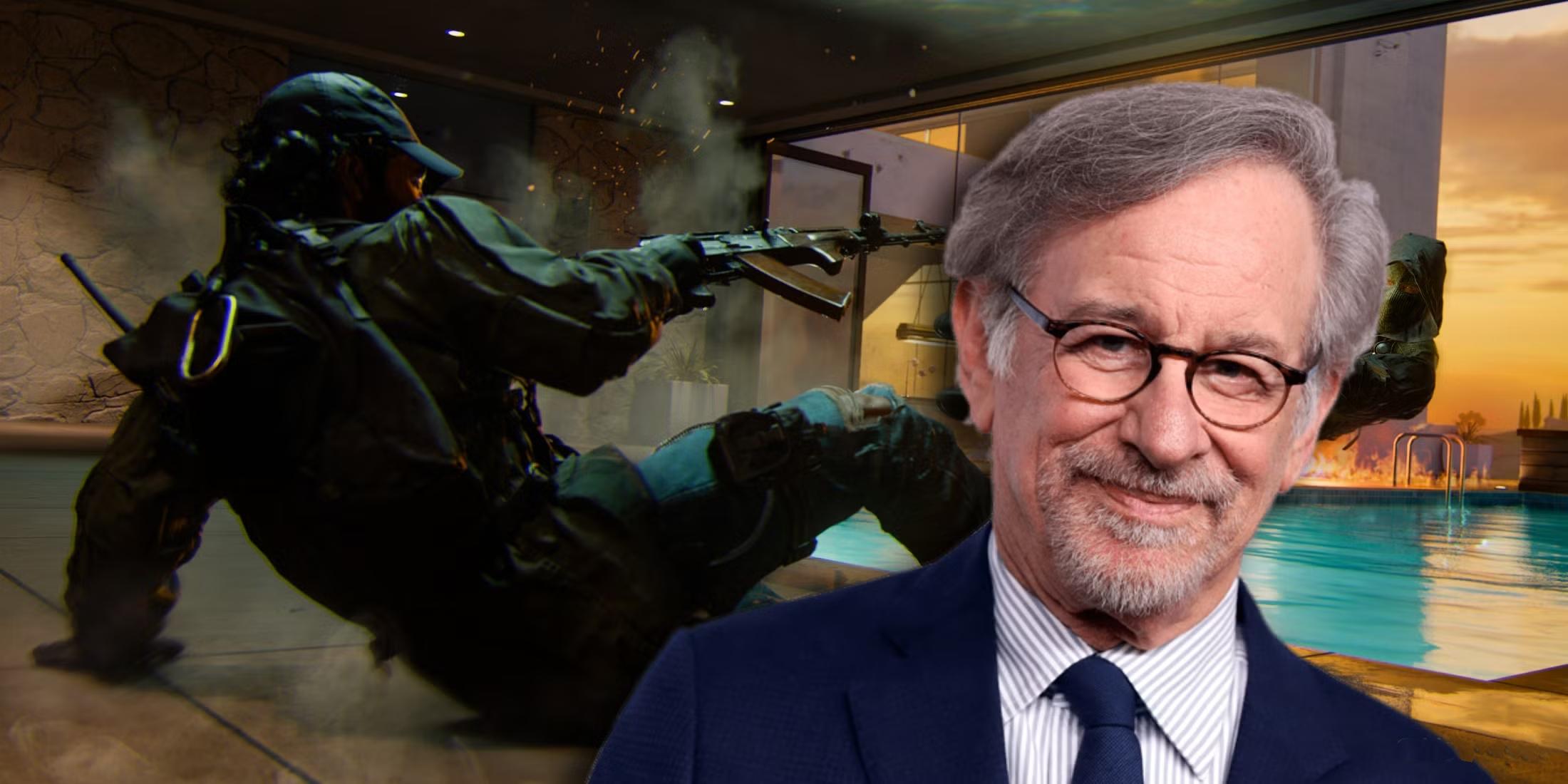In a surprising turn of events in Hollywood’s ever-evolving landscape of video game adaptations, legendary filmmaker Steven Spielberg, a known video game enthusiast and avid player of Call of Duty, pitched an ambitious vision to direct a film based on the iconic first-person shooter franchise. According to recent reports, Spielberg, through his Amblin Entertainment team and Universal dealmaker Jimmy Horowitz, presented a detailed proposal to Activision, the gaming studio behind Call of Duty.

However, Activision’s reluctance to cede full creative control to the acclaimed director led to a swift decision to sell the film rights to Paramount Pictures, marking a significant missed opportunity for a Spielberg-helmed blockbuster. This development, confirmed in early September 2025, has sparked widespread discussion about the future of the Call of Duty film and the challenges of adapting gaming juggernauts for the big screen.
Spielberg’s passion for Call of Duty is well-documented. The director, whose war films like Saving Private Ryan inspired the franchise’s gritty realism, has long been a fan of the series, which has sold over 500 million copies since its debut in 2003. Sources close to the project revealed that Spielberg saw the potential to craft a cinematic experience that blended the visceral action of Call of Duty’s Modern Warfare and Black Ops sub-series with his signature storytelling. His pitch, described as the “Spielberg Deal,” demanded top-tier financial backing, final cut approval, and complete oversight of production and marketing.

This level of control, while typical for a director of Spielberg’s stature, reportedly unnerved Activision executives, now under Microsoft’s ownership following a $68.7 billion acquisition in 2023. Concerned about relinquishing authority over their billion-dollar intellectual property, Activision opted to partner with Paramount Pictures instead, a studio offering greater collaborative influence.
Paramount’s deal with Activision, announced on September 2, 2025, positions the studio to develop, produce, and distribute a live-action Call of Duty film, with potential for further expansions into a cinematic universe. David Ellison, Paramount’s Chairman and CEO and a self-proclaimed Call of Duty fan, expressed enthusiasm for the project, stating, “As a lifelong fan of Call of Duty, this is truly a dream come true.

We’re approaching this film with the same disciplined, uncompromising commitment to excellence that guided our work on Top Gun: Maverick.” The partnership aims to honor the franchise’s intense action and narrative depth while appealing to both its global fanbase and new audiences. However, no director, cast, or specific storyline has been confirmed, leaving fans speculating whether the film will draw from the World War II roots of the original games, the modern conflicts of Modern Warfare, or the espionage-driven Black Ops.
The decision to bypass Spielberg has drawn mixed reactions. On one hand, fans on platforms like Reddit’s r/CallofDuty community lament the lost potential of a Spielberg-directed film, with one user noting, “His work on Saving Private Ryan basically birthed the FPS genre. This could’ve been epic.” Spielberg’s history with war-themed narratives and his role in creating the Medal of Honor series, a precursor to Call of Duty, made him a natural fit.

Conversely, others support Activision’s caution, citing the risk of a single director dominating such a valuable franchise. A user on X remarked, “Spielberg’s great, but Call of Duty isn’t just one story. Activision’s smart to keep control and avoid another Assassin’s Creed flop.”
The Call of Duty franchise, the best-selling video game series in the U.S. for 16 consecutive years, has long been a coveted property for adaptation. Previous attempts, including a 2018 effort by Activision Blizzard Studios with director Stefano Sollima, fizzled out, underscoring the challenges of translating the anthology-style narratives of the games into a cohesive film.
Paramount’s track record with video game adaptations, such as the successful Sonic the Hedgehog franchise, offers hope, but the absence of a director as visionary as Spielberg raises questions about the project’s ambition. As Paramount moves forward, the industry watches closely, aware that the Call of Duty film could redefine video game adaptations—or become another cautionary tale in Hollywood’s quest to capture gaming’s magic.





